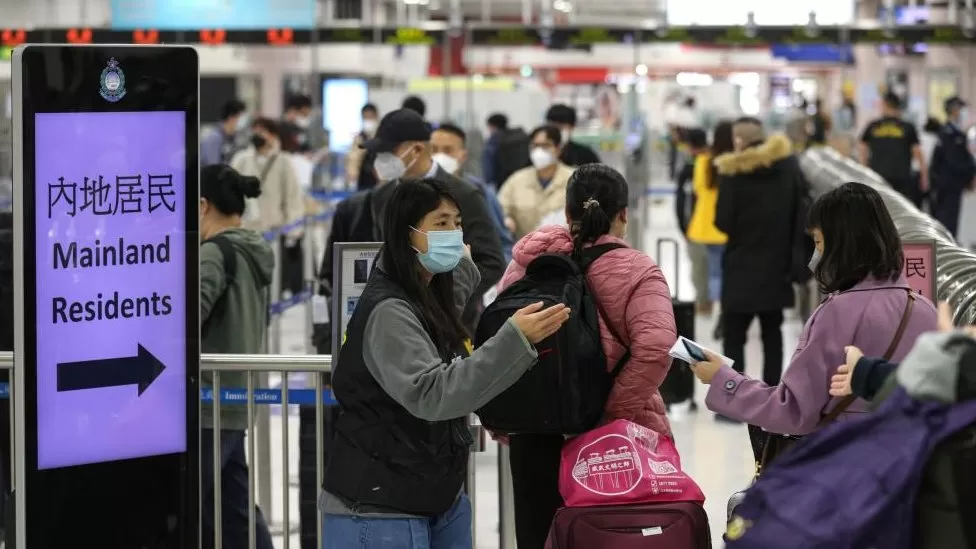China Open Borders To Howjiang After The Three Year Covid Closure

The 30-year implementation plan for the three-year allocation of China investment in coastal and inland cities has come to an abrupt halt. The decoupling of major Chinese investments from their localities, coupled with the unprecedented political clampdown on foreign property and investment a few years ago, has made it even more difficult for local governments to attract foreign capital. A combination of factors has resulted in the Three Year Period closure, with no further new large-scale projects proceeding under these conditions. China opening up to the world has effectively ended as a result. As a result, thousands of small businesses have been forced out of business or closed down in Wuhan, Jiangsu and Anhui due to lack of funds and slow entry permits by local authorities. To many this represents a complete setback in their long-held dream to set up their own business enterprises and become independent owners of real estate.
What troubles the Wuhan City government in China?
The Wuhan City government has been in the business sector since 1979, and has seen rapid growth during the last decade. However, after being hit by a series of financial crises in the late 2000s and early 2010s, the city has been in a state of financial crisis ever since. With the onset of the Great Financial Crisis in 2008, the number of middle-income people in Wuhan plummeted, which has led to a drop in the number of households with personal debt. With the city facing a general cut back in resources, healthcare, education and social services have all been reduced in order to make room for investments at a loss. In order to address the mounting cash flow problems and save the city’s budget, the Municipal People’s Government (MPG) has announced plans to de-merge the city.
What will be next for small business in Wuhan?
The major theme of the three-year period is the process of mergers and acquisitions (M&A) and the related reorganization of the localities’ land-based financial systems. With no new investments expected in the near future, the industry has seen a number of bankruptcies, repossessions and defaults. The lack of funds has led to a fall in the number of small businesses in Wuhan. The number of enterprises active in the Wuhan area has reduced from around 50 in 2006 to around 30 in 2011. With the restructuring of the financial system forecast to begin in the next few months, it is likely that the number of enterprises in the city will fall further.
How to overcome the Three Year Period closure
The major theme of the three-year period is the process of mergers and acquisitions (M&A) and the related reorganization of the localities’ financial systems. With no new investments expected in the near future, the industry has seen a number of bankruptcies, repossessions and defaults. The lack of funds has led to a fall in the number of small businesses in Wuhan. The number of enterprises active in the Wuhan area has reduced from around 50 in 2006 to around 30 in 2011. With the restructuring of the financial system forecast to begin in the next few months, it is likely that the number of enterprises in the city will fall further.
Conclusion
The 30-year implementation plan for the three-year allocation of China investment in coastal and inland cities has come to an abrupt halt. The decoupling of major Chinese investments from their localities, coupled with the unprecedented political clampdown on foreign property and investment a few years ago, has made it even more difficult for local governments to attract foreign capital. A combination of factors has resulted in the Three Year Period closure, with no further large-scale projects proceeding under these conditions. China opening up to the world has effectively ended as a result. As a result, thousands of small businesses have been forced out of business or closed down in Wuhan, Jiangsu and Anhui due to lack of funds and slow entry permits by local authorities. To many this represents a complete setback in their long-held dream to set up their own business enterprises and become independent owners of real estate.
